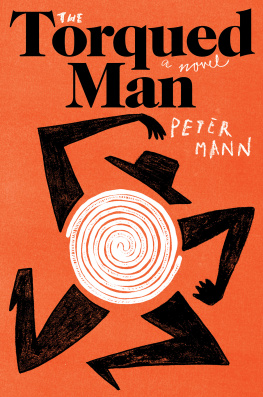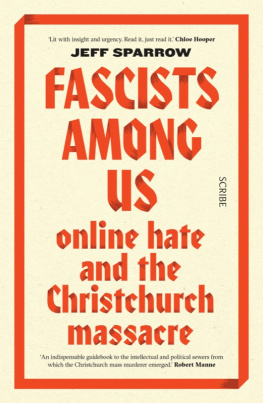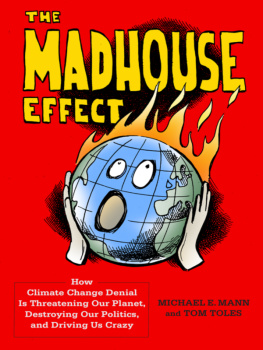Fascists
Fascists presents a new theory of fascism based on intensive analysis of the men and women who became fascists. It covers the six European countries in which fascism became most dominant: Italy, Germany, Austria, Hungary, Romania, and Spain. It is the most comprehensive analysis of who fascists actually were, what beliefs they held, and what actions they committed. Through this evidence we see that fascism is merely the most extreme form of "nation-statism," which was the dominant political ideology of the twentieth century. Fascists argued that an "organic nation" and a strong state that was prepared to use violence to "knock heads together" could transcend the conflicts, especially the class conflicts, rending modern society. We also see the fascist core constituencies: social locations that were at the heart of the nation or closely connected to the state, and people who were accustomed to use violence as a means of solving social conflicts and who came from those sections of all social classes that were working outside the front lines of class conflict. The book suggests that fascism was essentially a product of post-World War I conditions in Europe and is unlikely to reappear in its classic garb in the future. Nonetheless, elements of its ideology remain relevant to modern conditions and are now reappearing, though mainly in different parts of the world.
Michael Mann is Professor of Sociology at the University of California, Los Angeles, and Visiting Research Professor at Queens University, Belfast.
Advance praise for Fascists:
"Michael Mann is the outstanding historical sociologist of his generation. He invariably asks penetrating questions and his rigorous comparative method enables him to reach novel and striking conclusions. He has now produced one of the most original studies of Fascism ever written, a brilliant and disturbing analysis which constitutes a seminal work on the most destructive political phenomenon of the modern era."
- Sir Ian Kershaw, Professor of Modern History, University of Sheffield
"Fascism was one of the characteristic political movements that affected Europe in the epoch following the First World War. Although the Fascists attained power and their greatest notoriety in Italy and Germany, several other countries had fascist parties. All such movements shared certain obvious features, even though they exhibited important differences. Recently, however, the comparative study of fascism has been pushed to the margins, and for more than a decade the approach largely fell out of fashion in favor of investigations of particular cases and specific themes. Professor Mann reverses the trend. He deals not only with the movements inspired and led by Mussolini and Hitler, but with events in Austria, Spain, Hungary and Romania. His social-science-oriented and comparative account focuses on the rise to power of the various fascist parties. This incisively written and boldly argued book is full of insights and offers many challenges to the specialists. Mann breathes fresh life into this complex topic, and this study is bound to stimulate renewed discussion across the disciplines."
- Robert Gellately, Earl Ray Beck Professor of History, Florida State University
"Michael Mann here applies his legendary combination of historical sweep, synthetic verve, and common sense to a major unsolved problem: what and why was European fascism? We leave his company much the wiser."
- Charles Tilly, Joseph L. Buttenwieser Professor of Social Science, Columbia University
"Mann's newest book provides fascinating insights into the sources of European fascism. Erudite and theoretical, yet plain-speaking, Mann analyzes the beliefs and actions of fascists themselves, coming to the conclusion that youth culture and society across class played a critical part in this ultimately self-destructive movement."
- Norman Naimark, Robert and Florence McDonnell Professor of History, Stanford University
Fascists
MICHAEL MANN
University of California, Los Angeles

Fascists















































